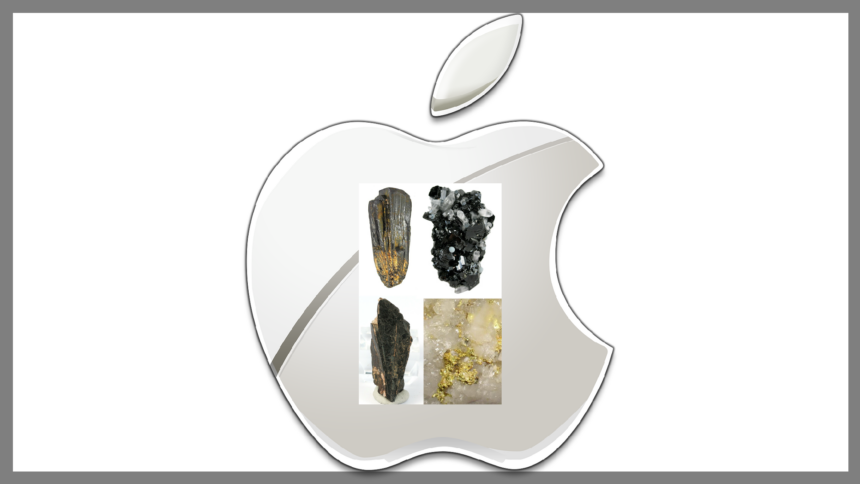In a bold move, the Democratic Republic of Congo (DRC) has filed criminal complaints in France and Belgium against Apple, accusing the iPhone maker of using “conflict minerals.” These minerals, allegedly sourced from the DRC, are linked to violence and exploitation in the region. The DRC’s accusations point to Apple’s involvement in a global supply chain that allegedly funds armed groups and fuels human rights violations. Here’s what’s happening and why this case is significant.
What’s Happening & Why This Matters
The DRC has filed criminal complaints against Apple’s subsidiaries in France and Belgium, claiming the company uses ” pillaged ” minerals from the country. The complaint asserts that tin, tantalum, and tungsten (known as the 3T minerals) are extracted from conflict zones in eastern DRC, where militias control some mines and profit from their operations.
The lawsuit accuses Apple of being complicit in the illegal activities tied to these minerals smuggled through global supply chains. These minerals are essential in producing electronic devices like phones and computers. The complaint alleges that Apple’s supply chain involves these so-called “blood minerals,” which have been linked to funding violence, forced child labor, and environmental destruction in the region.
The DRC government’s legal team argues that these activities have exacerbated the ongoing conflict in the country, which has been fueled by armed rebel groups fighting for control of the mines in the resource-rich eastern DRC. This region has seen mass displacements and widespread human rights abuses, including killings and rapes.
Apple’s Response
Apple strongly disputes the claims, stating that it has taken significant steps to ensure its supply chain is free from conflict minerals. The company emphasized that earlier this year, it instructed suppliers to suspend sourcing tin, tantalum, tungsten, and gold from the DRC and neighboring Rwanda due to escalating violence in the region.
“We recognize the situation in the region is very challenging, and we have increased our support to organizations that help affected communities,” Apple said in its statement. While Apple has tried to address the issue, the DRC’s legal action suggests that many view these efforts as insufficient.
The Global Implications of the Case
This legal action is notable because it represents the DRC’s first formal complaint against a major tech company over its role in the conflict minerals trade. The case could set a precedent for other countries or organizations looking to hold companies accountable for sourcing materials that contribute to global conflicts. Lawyers representing the DRC are pushing for an investigation to determine whether there is enough evidence to pursue criminal charges, but the ultimate outcome is still uncertain.
The DRC’s government has previously pointed to Rwanda as a key player in the illegal trade of these minerals, though Rwanda has consistently denied the allegations. This legal battle also raises questions about corporate responsibility and transparency in global supply chains, particularly regarding sourcing raw materials from conflict zones.
The Humanitarian Crisis in Eastern DRC
The region in question, eastern DRC, is one of the most mineral-rich areas in the world, but it has also become a hotspot for armed conflict. The United Nations and human rights organizations have documented widespread violence in the region, where more than 100 armed groups fight for control of valuable resources. Millions of people have been displaced, and the violence continues to devastate local communities.
While the DRC seeks justice for the use of these minerals, the humanitarian crisis in the region remains a pressing issue. The global demand for electronics and the minerals used in their production has contributed to the ongoing instability and exploitation in the area.
TF Summary: What’s Next
This legal case against Apple could significantly impact the tech industry and its role in conflict zones. If the court determines that Apple is complicit in using conflict minerals, it could force the company to rethink its sourcing practices and increase transparency within its supply chain.
For the DRC, this case is an important step toward holding multinational corporations accountable for their indirect support of violence and exploitation in resource-rich regions. As the investigation continues, TF Africa sees more actions against companies benefiting from these mineral trades. The case also shows the issue of corporate responsibility and the need for stronger regulations to ensure ethical practices in global supply chains.
— Text-to-Speech (TTS) provided by gspeech


